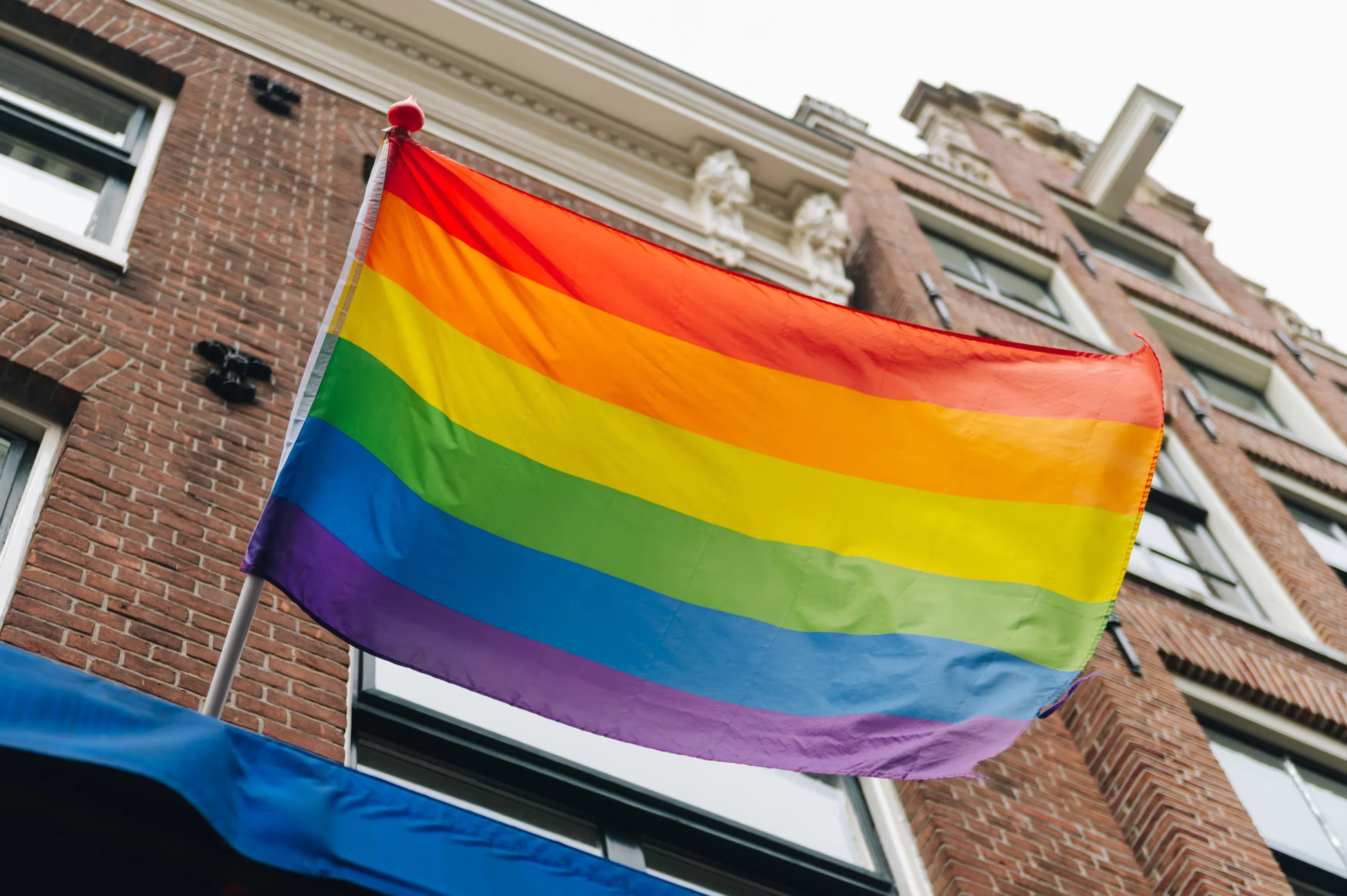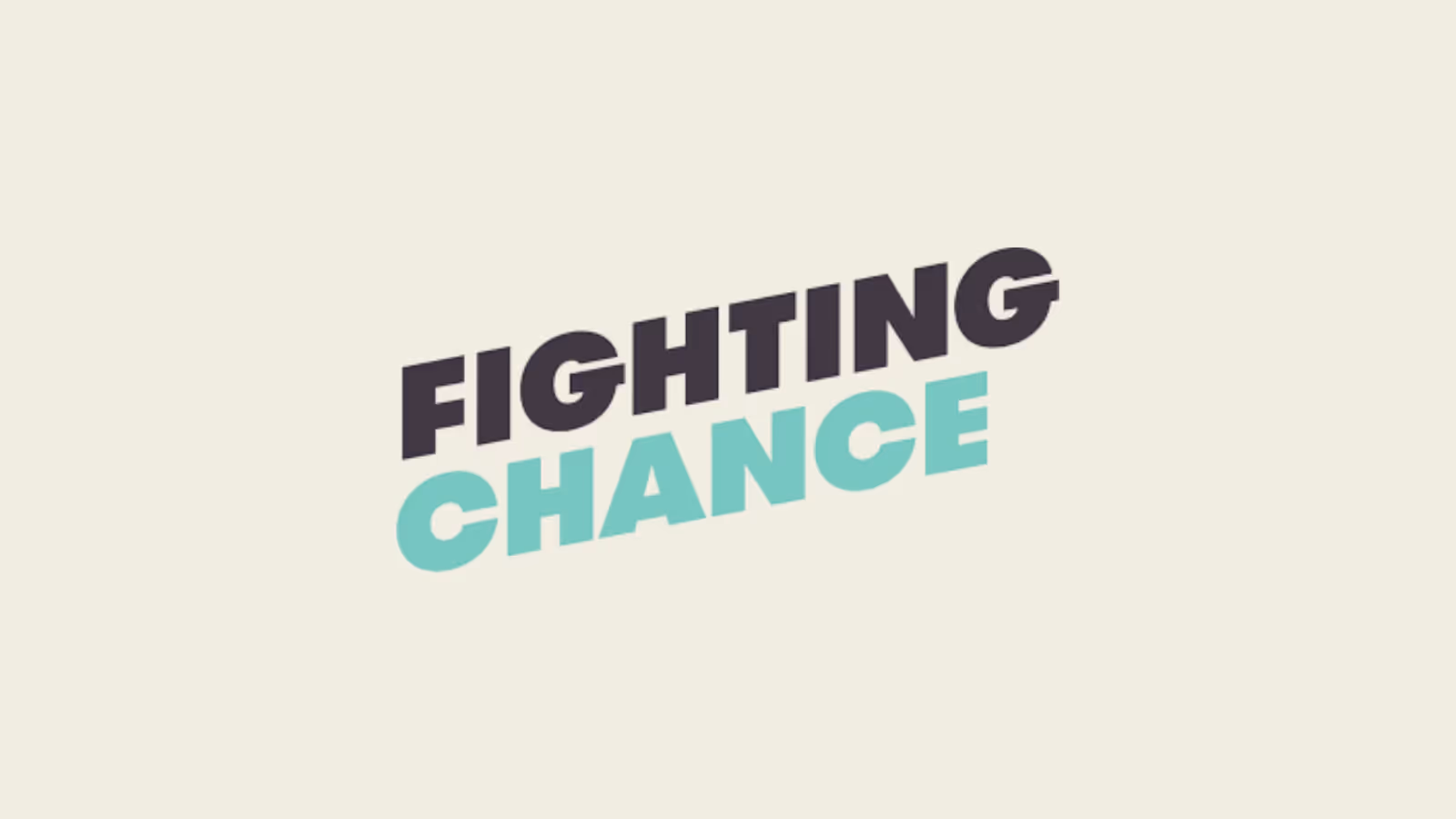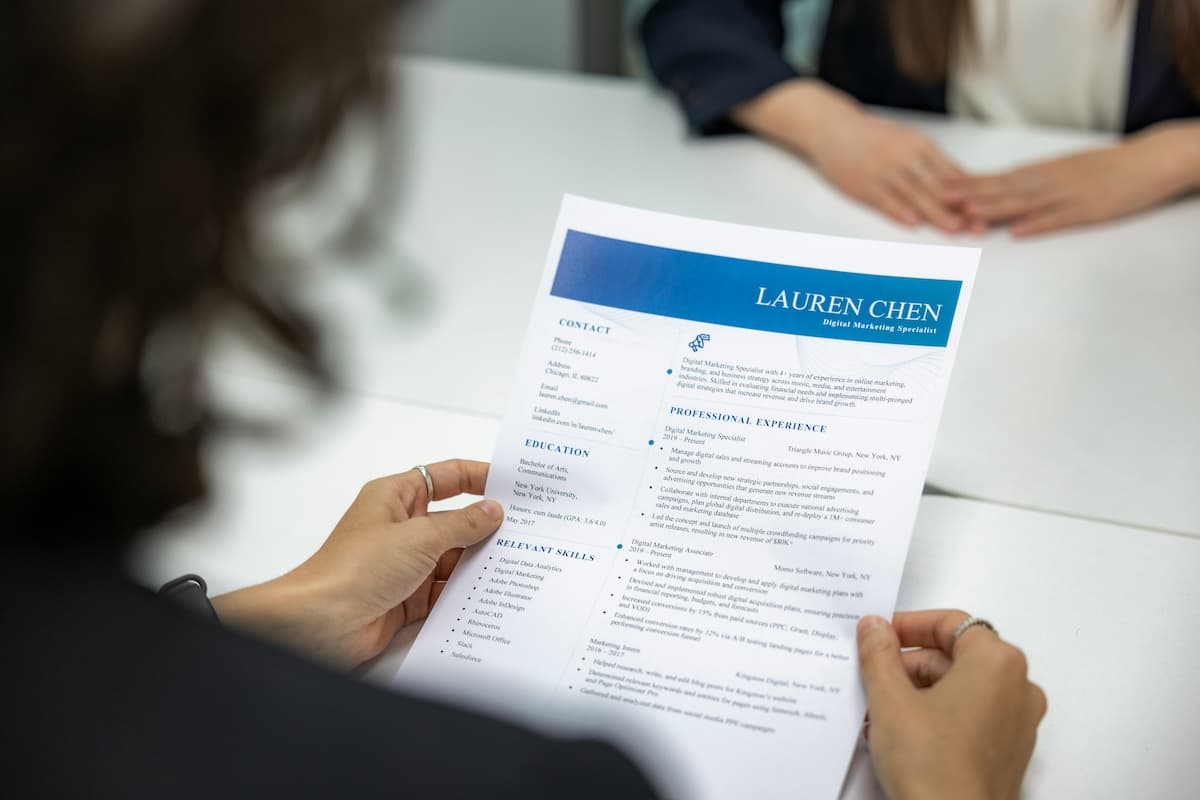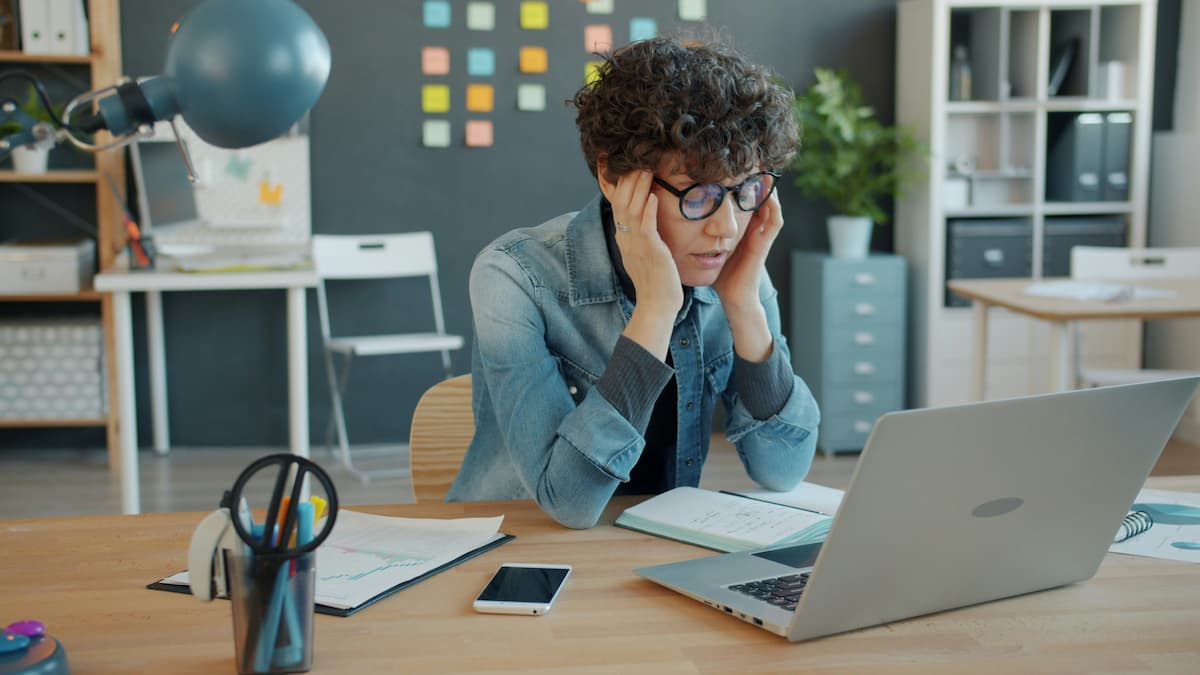Discrimination In The Workplace
Learn how to stop discrimination at work and create a safe, inclusive workplace.

You might have heard people talking about workplace discrimination, but what does it actually mean? How can you make sure your workplace is a discrimination free zone?
And, if you suspect that you or someone you’re working with is experiencing workplace discrimination, what can you do to stop it?
In this module we’ve got some info to help you make sure everybody has a safe, respected place in your workplace.
What is workplace discrimination?
Workplace discrimination is where a person, or group of people, are treated less favourably in the workplace (including recruitment and hiring) than another person or group of people because of their background or characteristics.
Australia has federal (Commonwealth) laws protecting people from workplace discrimination, and these nation-wide laws protect people from discrimination on the basis of their:
- race – including colour, national or ethnic origin and immigration status
- sex, pregnancy (including breastfeeding) and marital status
- age
- disability
- sexuality and gender identity.
Different Australian States or Territories may have some additional characteristics protected from discrimination under their State or Territory laws – for more info check out the Australian Human Rights Commission fact sheet to find out if there are any extra requirements where you work.
Workplace discrimination can happen at all points in an employee’s relationship with a company, from hiring to firing.
Workplace harassment
Workplace harassment is a common type of workplace discrimination. Unlike bullying which is repeated behaviour, workplace harassment can be a single, isolated incident: it’s that serious. Workplace harassment can include:
- insulting jokes
- sexually explicit emails, text messages or material
- displaying racist or pornographic material
- making derogatory comments
- teasing
- asking intrusive questions about someone’s personal life.
In addition to the federal and state/territory laws to protect workers from discrimination, there are federal laws in Australia protecting people from sexual harassment; disability harassment; and racial hatred.
See our guide on how to prevent bullying in the workplace.
What can I gain from eliminating workplace discrimination?
Aside from protecting yourself and your workplace legally (remember: workplace discrimination is illegal in Australia), there are lots of benefits to gain from eliminating workplace discrimination. These include:
Workplace harmony – a place where everybody feels safe and protected
Increased productivity – everybody feels valued and able to contribute their best work
Reduced absenteeism – less people taking stress leave because they’re being harassed or unfairly treated
Decreased staff turnover – people will want to stick around if work’s a good place to be
Trust – when everybody is respected at work people are more likely to trust each other and have each other’s backs
Collaboration and cooperation – not only will you get individual’s best work, you’ll get the work of a team pulling together: and the whole is almost always greater than the sum of its parts
Increased employee and customer satisfaction – your workers will be happier and this will show in how well they treat customers.
What should I do if I experience workplace discrimination or harassment?
Experiencing workplace discrimination or harassment – whether you or someone else is the target – is really unpleasant. It can leave you feeling:
- scared
- guilty
- confused
- upset
- angry
- hurt
- belittled
- isolated/alone
- depressed
- anxious.
None of these are great things to be feeling. As you can imagine, feeling these feelings starts to impact on your work performance and your general mental health.
There is some good news though – you can take steps to address what you experienced, and steps you can take to look after yourself. Not all of these steps may feel right to you, so pick the ones that make the most sense or feel like they are do-able.
Steps to address workplace discrimination and harassment
Talk to a:
- supervisor/manager
- human resources (HR) person
- union
- workplace health and safety representative
- Counsellor through your EAP provider
Learn about your rights – some useful places to start are:
Australian Human Rights Commission: https://humanrights.gov.au/our-work/complaint-information-service/work-out-your-rights-information-employees
Report the issue to the Fair Work Ombudsman (https://www.fairwork.gov.au/workplace-problems/fixing-a-workplace-problem/report-an-issue-anonymously) – you can do this anonymously (without giving your details) so this step is a good one if you are worried about people at work knowing that you’ve ‘dobbed’ on them.
Steps to look after yourself when you’ve experienced/witnessed workplace discrimination and harassment
1. Get some free, confidential counselling from workplace or EAP counsellors
They are professionally obliged to hold your information ‘in confidence’ (not share it with anyone). All Foremind counsellors are professionals so they take their confidentiality responsibilities seriously
2. Acknowledge that experiencing/being exposed to workplace discrimination and harassment is stressful, so look after yourself by:
- caring for your body – eating good food, moving every day, drinking enough water
- spending time with the people you trust and who look after you
- sharing what’s happening – getting it off your chest
- doing things that help you relax – going for a surf, a hike, or having a TV watching marathon: whatever works for you, make sure you’re doing it
3. Remind yourself you’re protected by Australian law
You do not have to put up with workplace discrimination and harassment (either of yourself or another person): your rights are important. You’re not being ‘weak’ or a ‘whinger’ for pursuing your rights – in fact you are being strong and standing up for yourself and others.
Where can I go for more help?
Dealing with workplace discrimination and harassment is tricky, but there are people and resources out there to help you. Here are some places to go for more help:
Your Employee Assistance Program (EAP) like Foremind – free, confidential counselling available over the phone or zoom so you can fit a session in with your busy life
The Fair Work Ombudsman – the federal (i.e. nation wide) government agency responsible for ensuring workers are treated fairly: https://www.fairwork.gov.au
Safe Work Australia – the federal (i.e. nation wide) government agency responsible for protecting people’s safety at work, including safety from harassment and discrimination: https://www.safeworkaustralia.gov.au/
Your GP or doctor – able to look after your mental and physical health
Lifeline – 13 11 14 – available 24/7 for crisis support
BeyondBlue – https://www.beyondblue.org.au/get-support/talk-to-a-counsellor – offers both telephone and online counselling 24/7.
Help is always available
Here are some useful resources for more help – for you and for your team:
- Lifeline – 13 11 14 and https://www.lifeline.org.au/ – offers fee, confidential, 24/7 telephone crisis support and lots of info and resources on their website
- Beyond Blue – https://www.beyondblue.org.au/ – info and support about mental health and suicide prevention
- Heads Up – https://www.headsup.org.au/ – the part of Beyond Blue that is specially developed for mental health in the workplace
This post has discussed challenging topics, which can be confronting for particular readers. If you need support, please feel free to contact Lifeline on 13 11 14 or 000 if you need immediate help to stay safe.

Hello 👋 I’m Joel the founder of Foremind.
Are you ready for simplified support & compliance?
Latest insights
Answers to the frequently asked questions.
Still have questions?
Email us at enquiries@foremind.com.au and we'll get back to you quickly with a response
Yes, we have culturally competent counsellors available, including those able to work with first nation and CALD employees.
Onshore on secure AWS Servers in Sydney Australia. All data is encrypted in transit and at rest and our entire team is located in Australia.
Employees can access our platform on any device (mobile, laptop, desktop, etc.) as long you have the website link - no need to download any app on devices. You wouldn’t need to enrol any of your staff individually.- When we do our onboarding, we ask for the first name, last name and email of all your employees, and send out an email invite to all them which will allow them to create their own individual account to access the platform. For new staff we can also invite them or provide you with a unique link to embed in your onboarding process, whichever is more convenient for you. We also kick things off with a launch webinar or video to make sure everyone is aware of Foremind and how to use it. We’ll also provide you with any collateral such as posters, QR codes, brochures etc. to help drive awareness and encourage people to create an account in the platform.
The support line is answered by our reception service 24/7. It is for urgent platform or session-related issues only (e.g. *“My counsellor didn’t show”*) or helping staff create an account.





